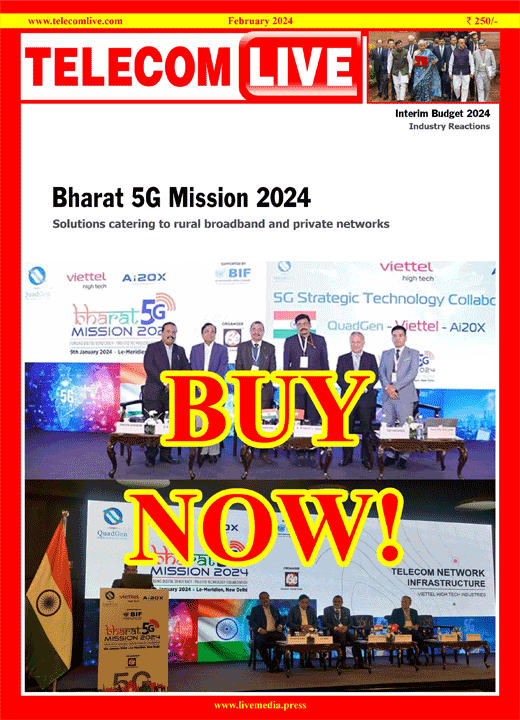The point of interconnect regulation is sacrosanct, we will enforce it: TRAI
ET Now: Fair enough. That is something that of course you will have to take care of. The other leg of this entire debate is the IOC regime which of course you are currently examining. TRAI is in the process of coming out with recommendations. Do you find merit in the argument that incumbents are saying that this regime or this 14 paisa held fine till the time there was no RelJio because there was no Tsunami of traffic one way? So you think now that there is merit in the argument that they are saying that 14 paisa is too less simply because the entire situation has changed?
RS Sharma: Let me put it this way. May be more than a month ago, we have issued a consultation paper on the interconnect usage charge and there are various types of IOC charges which are levied and we have issued this consultation paper to review all these things.
We have also provided the reasons as to why we are issuing that consultation paper. In fact, the immediate reason for issuing that consultation paper is a proposal of the BSNL where they were providing what they called fixed mobile telephony wherein they said that if you have a phone at your place and if you have downloaded an app in your mobile, then through that app you can call your phone and then through that you can call any mobile and the charges will be basically because fixed line to mobile telephony charges are zero. Therefore they will be able to provide a service at much better sort of rate to the customer.
The telecom service providers had raised an objection on that saying that you cannot have this kind of hybrid regime where the call from mobile to the fixed line telephone is going on the internet protocol. So essentially they had said that this cannot be done and this was so therefore what TRAI did, TRAI told the BSNL to put the service in abeyance and then we said let us review this whole interconnect regime in situations where you have internet protocol telephony and you have kind of products coming out as to what should be the method of IOC charges.
So this was the background and this was issued. Having done that now of course some stakeholders had called for time. So we have given them time also. We have extended the deadline to submit the sort of responses but at this point when we have issued the paper, the way it happens is we provide both the view and the counterview. There was a proposal X what are the proponents of acts, what do they say and what are the ones who oppose X and what do they say. We have described that in our IOC paper thereafter both the views will come.
There are ones who say it should not be increase, there are ones who say it should be increased. There are many views. What we are saying is we will consult all the stakeholders and then come out with the recommendations. So it will not be appropriate for me to provide the rationale or logic whether this argument is good or that argument is bad.











